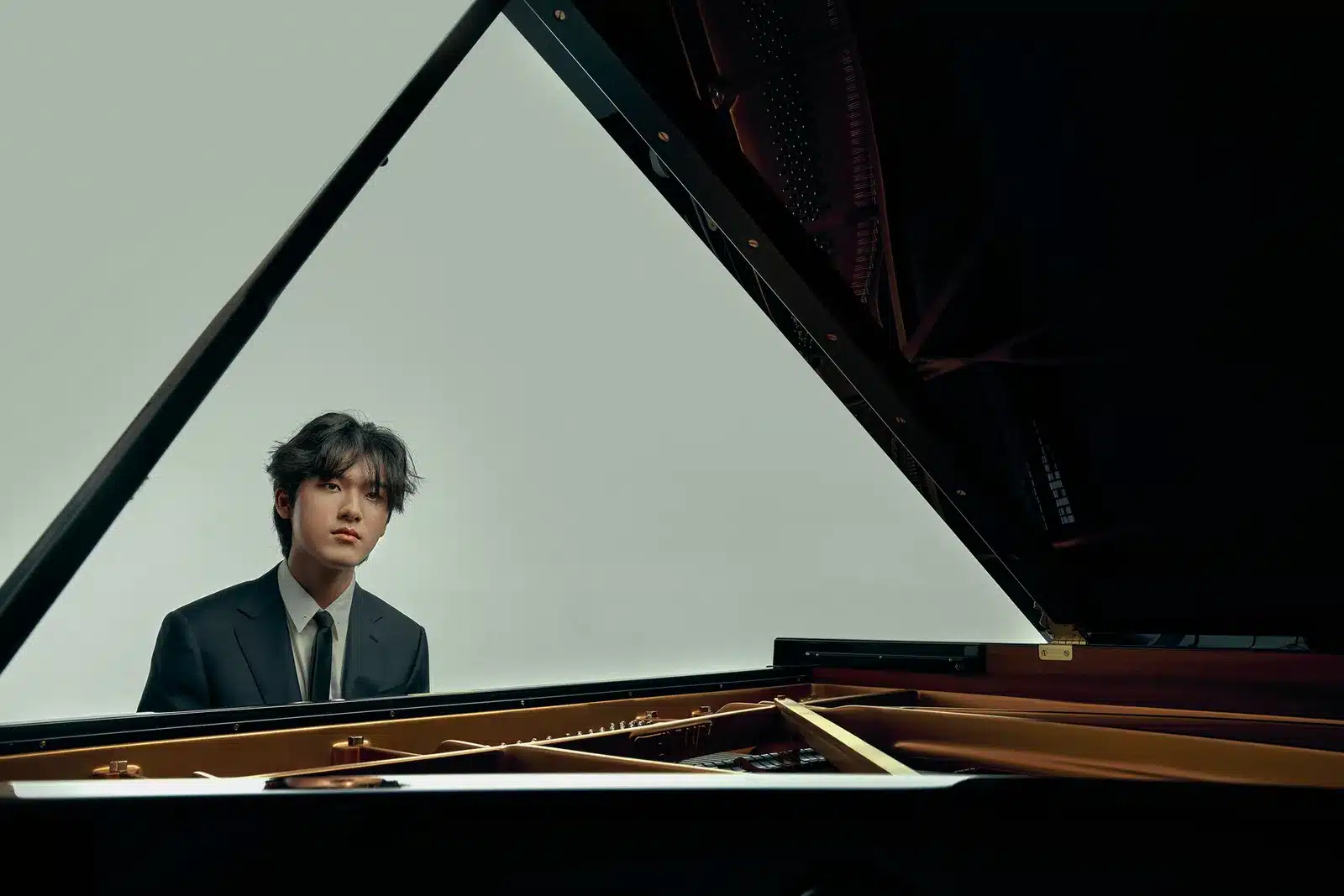People who review Philip Glass should not throw stones
Album Of The WeekFrom the Lebrecht Album of the Week:
…. People who review Philip Glass should never throw stones (it only encourages him). Muhly and Kuusisto make short shrift here of a Glass film score from The Screens, and Kuusisto creates a new score for the Norwegian Chamber Orchestra with an expanded setting of Glass’s third string quartet, a filmic meditation on the life and violent death of the Japanese novelist Yukio Mishima. I mean no disrespect to Glass to say that he’s a better composer than he often sounds. The musical intelligence is razor-sharp. If only he changed the tune now and then.
Read on here.
And here.
En francais ici.
More languages follow.







Comments